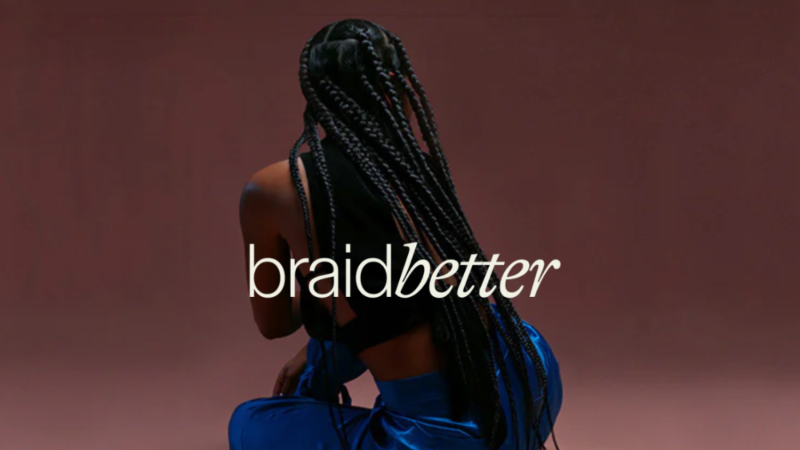Reduce, reuse, Rebundle — the hair company combining sustainability and beauty
Share
Explore Our Galleries
Breaking News!
Today's news and culture by Black and other reporters in the Black and mainstream media.
Ways to Support ABHM?
By Haniyah Philogene, The Root
Thirty million pounds of plastic, synthetic hair end up in U.S landfills, but ReBundle’s plant-based hair extensions hope to change that.

Today is Earth Day, and over 50 years since its inception, sustainability remains a hot topic across industries as we continue the fight against climate change. Over the past few years, the beauty world has implemented several positive changes, from abandoning microplastics to brands like Fenty Beauty and Humanrace normalizing reusable packaging, eco-friendly decisions are slowly being embedded into our routines.
But as we become more conscious, Imani May Ciara, CEO and founder of hair extension company Rebundle, encourages us to reimagine what sustainability looks like for the Black community.
“There’s more to be said and researched about what sustainability looks like when it’s nuanced by culture,” May told theGrio.
As the founder of the pioneering plant-based faux hair brand, Rebundle, May’s personal experiences inspired her to build the revolutionary brand. Before starting her brand, May was part of the one in three women who experienced scalp irritation from the plastic, synthetic hair typically used for her favorite protective style. Understanding the discomfort of an itchy scalp and the financial burden of constantly using human hair for braids, the founder sought an alternative to traditional extensions, ultimately creating the “braidbetter “collection. Crafted using innovative technology and biopolymers combined with naturally extracted banana fiber, the brand’s hair extensions offer a more comfortable and less wasteful solution.
“Something that I was really intentional about in those early days was not only building community because, you know, it sort of just happens if you do it, right,” May said when reflecting on building the brand. “But I was talking about this problem and this product before we had a product and connecting with people over this shared experience we were having with braids. I was including the experiences and feedback that other Black women and people who wear braids were having before I had anything to sell.”
Intended to show both the earth and the user’s scalp the love it deserves, Rebundle’s braidbetter hair is specifically formulated to match textured hair. It is entirely free from any chemicals, making it the first hair extensions brand to earn USDA Certification for Biobased Product Label.
Black women face racism against their hair in the workplace and health risks due to hair products.











Comments Are Welcome
Note: We moderate submissions in order to create a space for meaningful dialogue, a space where museum visitors – adults and youth –– can exchange informed, thoughtful, and relevant comments that add value to our exhibits.
Racial slurs, personal attacks, obscenity, profanity, and SHOUTING do not meet the above standard. Such comments are posted in the exhibit Hateful Speech. Commercial promotions, impersonations, and incoherent comments likewise fail to meet our goals, so will not be posted. Submissions longer than 120 words will be shortened.
See our full Comments Policy here.